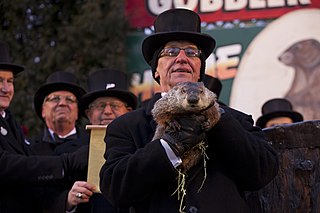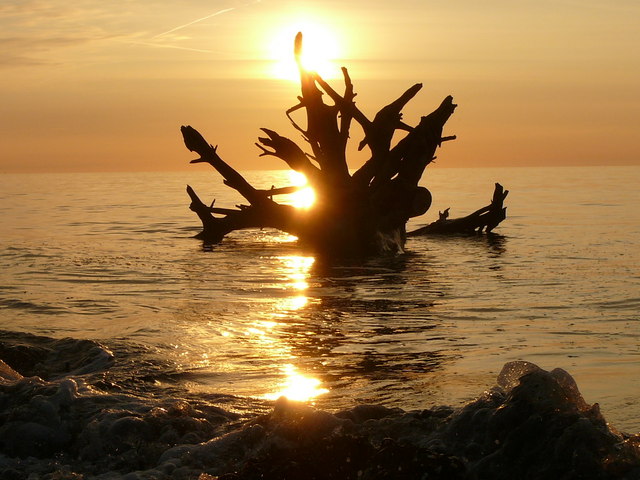
In the real world, disasters aren’t just a matter of scale – they’re a question of preparedness and of a society’s capacity to handle the fallout. Vaccines, rapid-response teams and early-warning systems can move the needle from calamity toward recovery, while poverty, corruption and ignorance slide it toward catastrophe. So, cue announcer: “In a world … where real disasters aren’t single events that arise from simple problems that are solvable in 93 minutes …”



